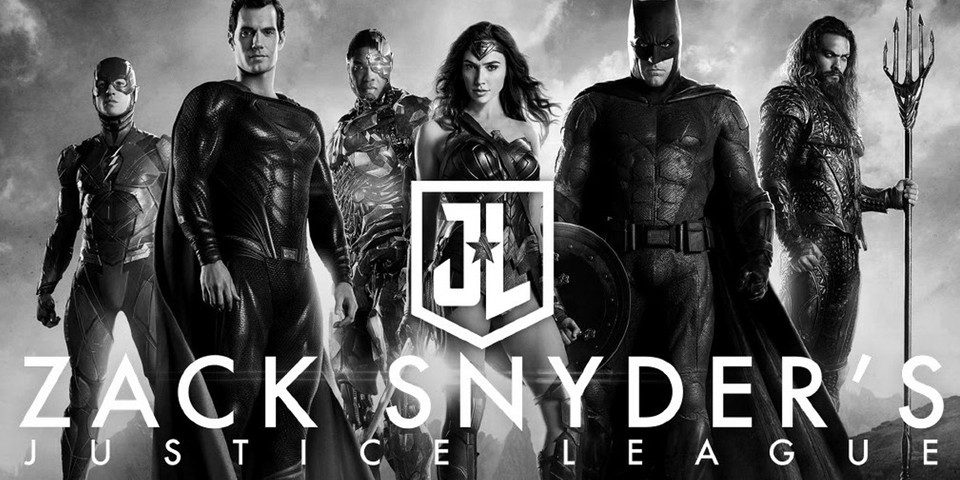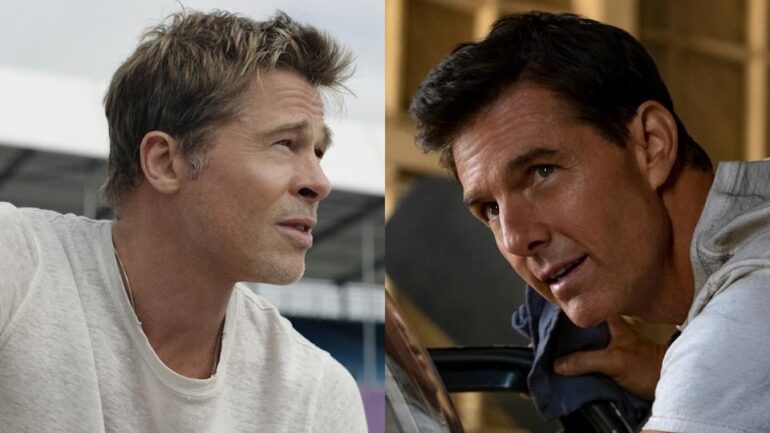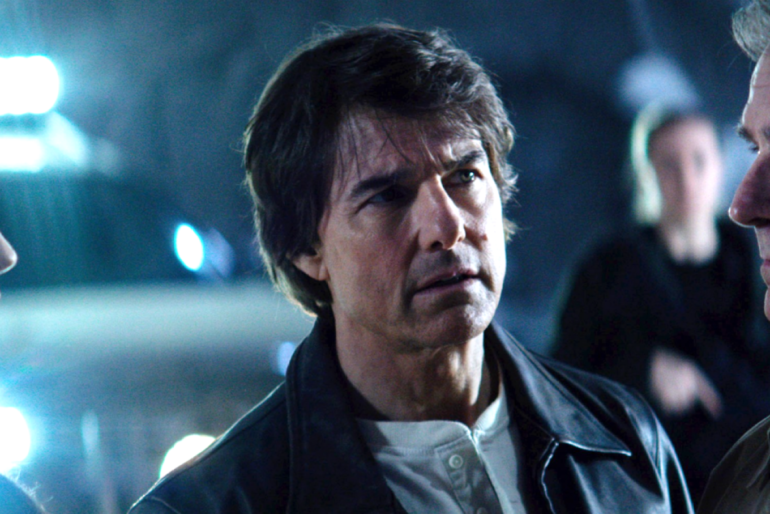And now, here we are just a little over a month out from the release of the film that has been a passion project for both fans and the director himself. If there was any remaining notion among general audiences that the Snyder Cut was just the studio butchered 2017 film with some additional scenes, the full trailer dispels all of that. What we’re getting a glimpse of is something that looks and feels entirely new, and continues the themes of Zack Snyder’s Man of Steel (2013) and Batman v Superman: Dawn of Justice (2016) in a meaningful way. Yes, it’s a superhero film, but as someone who has only grown increasingly aware of his own race in this current climate, it feels like more than that.
For as much criticism as Snyder has gotten for the perception of his films being “dark and gritty,” it has felt to me, since Man of Steel, that the director was building to something honest and hopeful, examining the way in which we understand our own humanity, either by giving into fear or pushing past it. I’d argue that Zack Snyder’s Justice League appears to be exactly the film we need right now, as America and the world grows more divided. If Man of Steel and BvS were 9/11 and post-9/11 metaphors respectively, concerned with American xenophobia and right-wing solutions, then, as evidenced by this latest trailer, Justice League is exploring our contemporary situation. We’ve given into fear for too long, and as a result, we let evil into our home. So how do we correct that? How do we answer for the mistakes and inadequacies of the past, while preventing the future from fulfilling all of our worst nightmares? This is where we are socially and politically, but this is also where superheroes appear to be in this film.
Despite those looming questions, there is a pervasive sense of triumph throughout the new trailer, one that accounts for past tragedies following Bruce Wayne’s optimistic final monologue from BvS, “we can do better. We will. We have to.” Even as the world falls in disarray with the coming of Darkseid (Ray Porter), and the forces of Apokolips, led by Steppenwolf (Ciaran Hinds), there is a sense of grandeur and hope that comes with seeing DC Comics’ heroes, Batman (Affleck), Wonder Woman (Gal Gadot), Aquaman (Jason Momoa), Cyborg (Ray Fisher), The Flash (Ezra Miller), and of course, Superman (Henry Cavill) join together to become something greater than they could be individually.
The trailer, aided by Junkie XL’s operatic score, entices audiences with the promise of an epic, one that will both wax poetically about superheroes without our modern world and deliver a visual smorgasbord of action sequences. But action has meaning, and our stories about superheroes cannot exist within a vacuum.
For all the anticipation that comes with seeing these heroes team up, it is their individual moments that this trailer focuses on, suggesting some major soul searching from the film’s central characters following the death of Superman. Even with little dialogue exchanged between heroes, there is a subtext in the images on screen found. There is the suggestion of Wonder Woman confronting what her godhood means in the face of New Gods, of Batman struggling to regain the honor he lost in a conversation with the Joker (Jared Leto), of Superman learning to fly to new heights with the words of Jonathan Kent (Kevin Costner) guiding him, and Cyborg undergoing his own “first flight,” with a match-cut between he and Superman suggesting that of all the characters Victor Stone may be closest to the ideal of Superman and idea of what it means to exist as a hero while being simultaneously othered by society.
It’s that last point that really drives home the importance of this film’s release for me, especially as someone who has always aligned Snyder’s Superman, in part, with the Black experience in America. To have an actual Black character appear to carry that torch forward, is not only significant but potentially revolutionary. Because it’s not just a desire to see ourselves in costumes as heroes, but to see ourselves as heroes with respect given to the fact of how we are treated differently even with all of our power, how our voices take longer to be heard, and how our flight is a greater struggle because we’re always starting on lower ground.
And it’s not just Cyborg’s journey in these films that holds the promise of illuminating how we see ourselves. The members of the Justice League each taken on a greater significance in regards to our current conversations surrounding inclusivity. The vast majority of fans of Snyder’s DC films that I’ve encountered on social media, and had genuine conversations with, are not straight white males. When I saw the release of the Ultimate Edition of BvS, the majority of the audience was comprised of Black people and women. These metrics mean something, and too often go unacknowledged in favor of long held personal biases.
These are superheroes writ large within our current considerations of politics, social justice, race, and theology. It is those moments that fans of Snyder’s DC films, particularly those who have been marginalized, have come to expect. It is for those moments that #ReleasetheSnyderCut ever became a thing in the first place. When you cut through all the noise and antagonism, created by those so fervently against the film that they entered the realm of fabrication and cruelty, and those so fixated upon the film’s release that they’ve become just as cruel, no longer upholding the values of the heroes they claim to love, when you get past all of that, you have a story about incredible individuals simply trying to be better. What could be more human? What could be more optimistic? I’ll be the first to admit that I’ve been disturbed by both vicious personal attacks on the filmmaker from bloggers, and the cult-like behavior from fans who have turned to harassment again, and again.
In the face of all of that, the release of this film feels like an opportunity to take a step back, remember why we love these characters, and understand that though we may not all love them in the same way, that’s OK. There’s value in that. There’s value in the perspective that Snyder is offering with these characters. And there’s value in listening to people whose considerations on these films don’t come from the loudest, and most traditional voices of comic book fandom.
This doesn’t feel like just another superhero movie, and that’s because it isn’t. It’s a journey, one that many have followed both onscreen and behind the scenes, and have seen themselves in. Whether Zack Snyder’s Justice League marks the end of that journey or not remains to be seen, but the fact that it happened at all feels like a burst of hope in a world that could use more of it.





















Post comments (0)